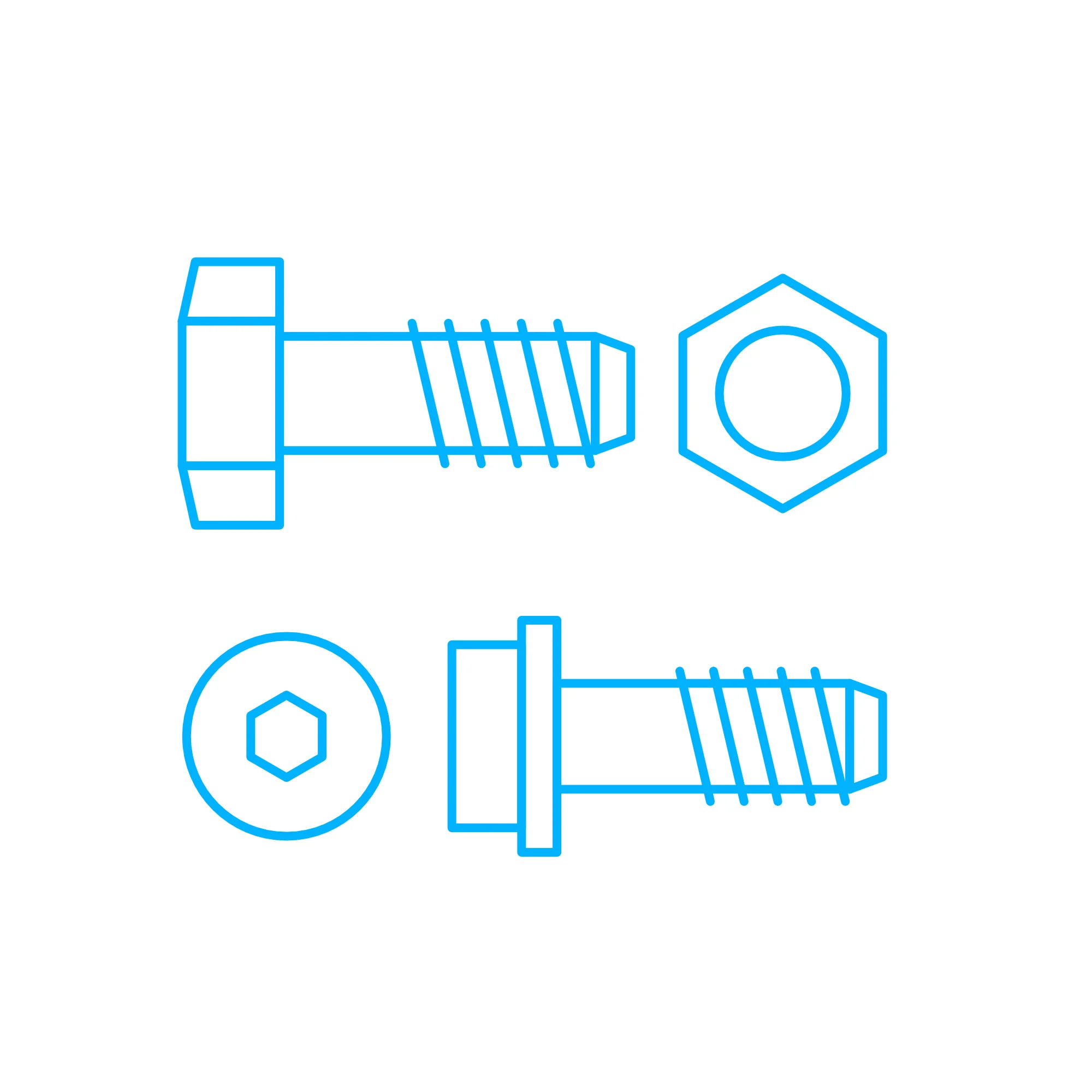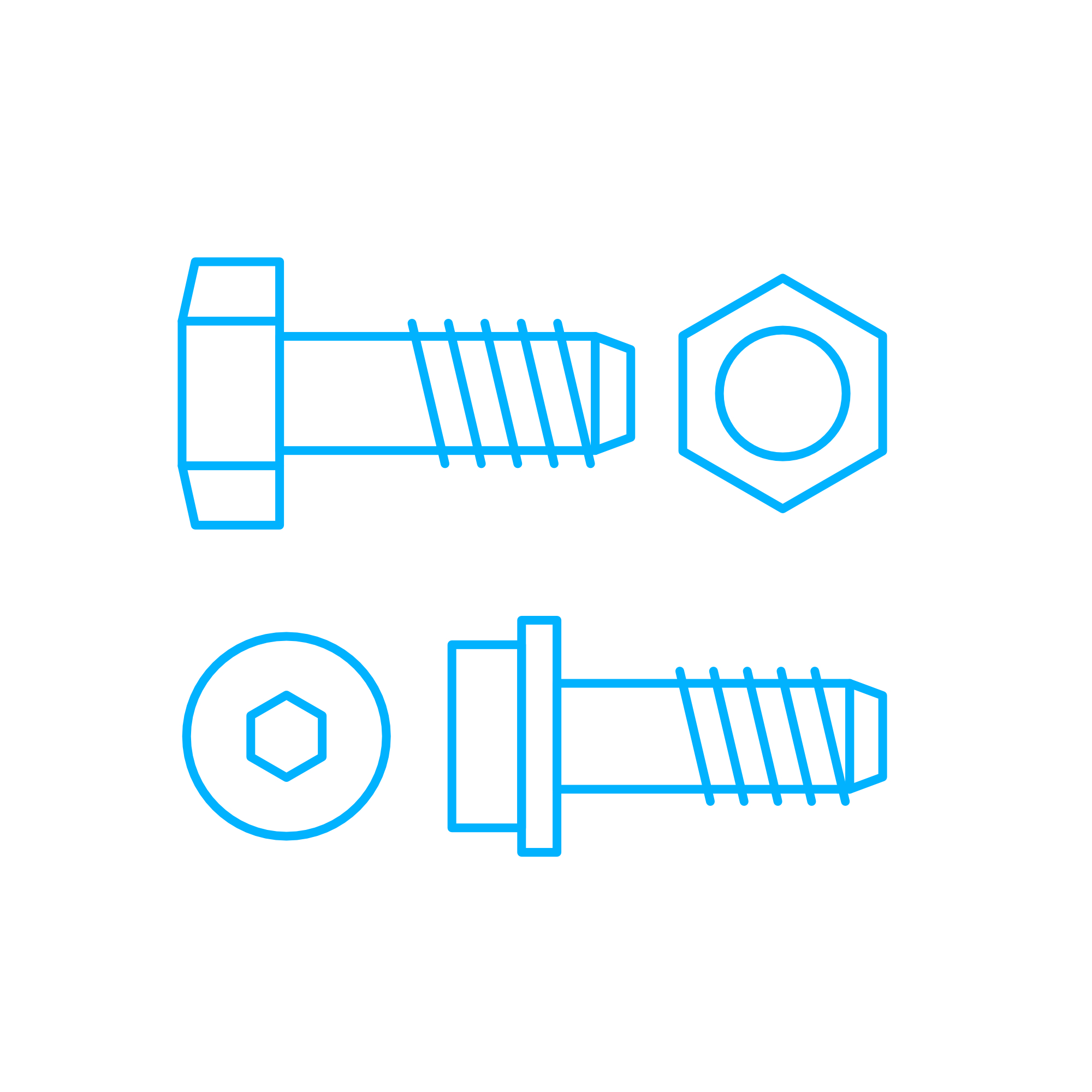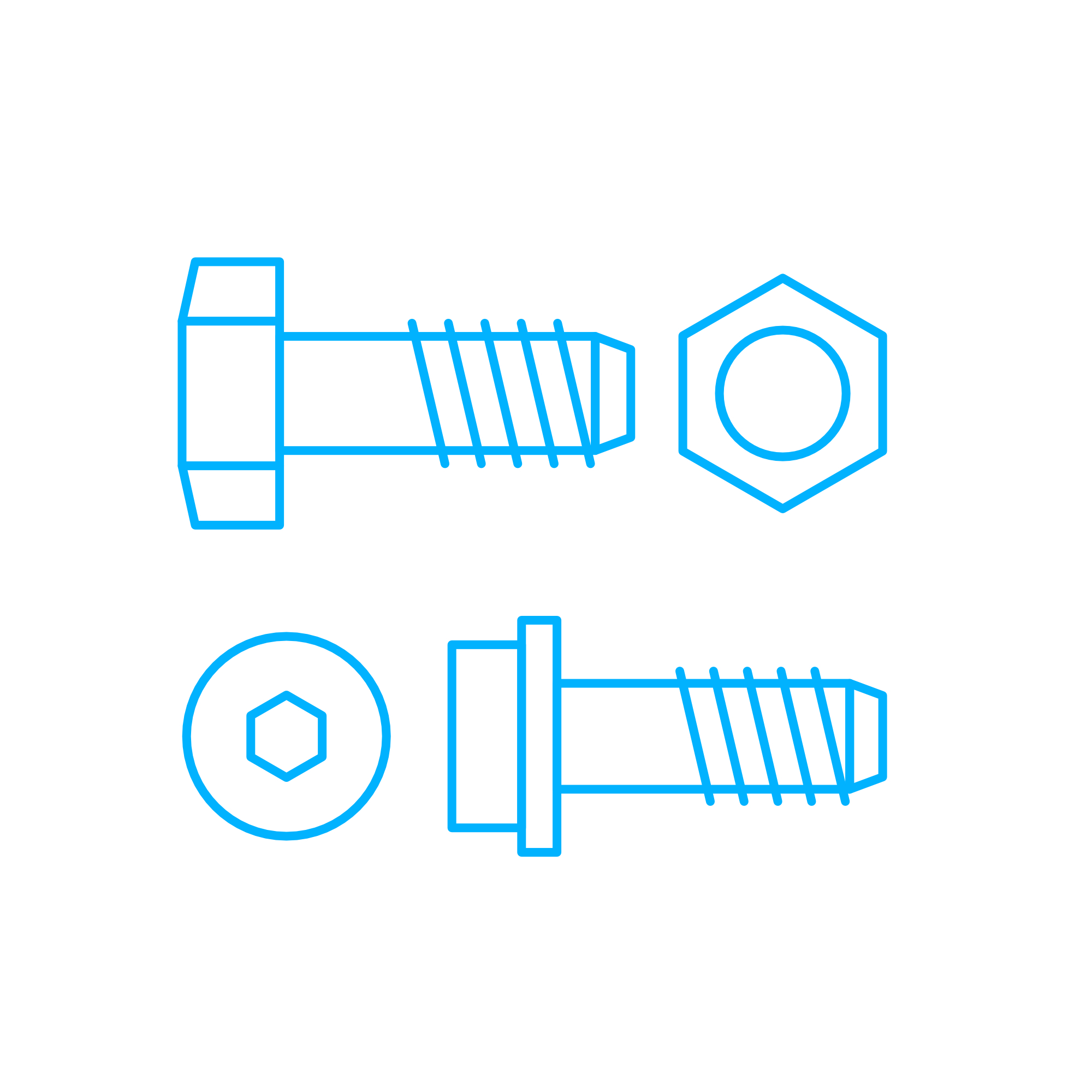HOLLOW SCREW UNION Screws for Marine and Diesel Engines
Screws are fundamental mechanical fasteners that clamp, align, and seal critical interfaces throughout engines. From crankcase covers and cam housings to fuel, lube oil, and cooling-water connections, the right screw design and material determine whether assemblies remain tight under vibration, thermal cycling, and corrosive atmospheres. Within this category, the HOLLOW SCREW UNION is a specialized screw configuration used to secure fluid-line unions while simultaneously providing a calibrated flow path through the fastener body—an indispensable solution in modern marine engine and diesel engine systems.
Engine screws must convert tightening torque into reliable preload to maintain gasket compression, prevent fretting, and resist loosening. They operate under fluctuating tensile and shear stresses, and many see temperatures that change hundreds of degrees across operating cycles. Precision thread geometry, material strength class, surface finish, and protective coatings are therefore essential. In a powerplant context, screws include hex head, socket head, countersunk, set screws, and union variants such as the HOLLOW SCREW UNION for banjo-style pipe connections. Each type is engineered to meet a specific load case and environment while enabling safe, repeatable assembly on the shop floor and at sea.
Technical function: Screws and HOLLOW SCREW UNION in a diesel engine
The core job of any screw in an engine is to generate and retain preload. As torque is applied, thread friction and underhead friction translate torque into clamp force; this clamp force stabilizes joint surfaces against vibration, thermal growth, and pressure pulsations. In cylinder covers, manifold joints, gear housings, and auxiliaries, the correct preload preserves alignment, minimizes micro-movement, and protects sealing elements from extrusion or blow-by. For marine engine applications, corrosion resistance and stable friction coefficients under lubrication are equally important to keep torque-to-preload relationships predictable.
The HOLLOW SCREW UNION fulfills a dual role: it fastens a union fitting while allowing controlled flow of fuel, lubrication oil, or coolant through its axial bore and radial cross-holes. In a diesel engine fuel circuit, for instance, a HOLLOW SCREW UNION marine engine installation connects a banjo fitting to a pump or injector return line, sealing with annealed copper, aluminum, or bonded (Dowty) washers. Tightening torque must be matched to the screw’s strength class and the seal material hardness to achieve proper gasket seating without crushing the union or restricting flow. Flow geometry—bore diameter, number and size of cross-holes—must meet OEM parts specifications to avoid starvation, cavitation, or overheating in downstream components. Surface treatments (e.g., zinc-nickel, phosphate, or passivation for stainless grades) help prevent galling and corrosion, while thread tolerances (e.g., ISO metric 6g/6H or UNF class 3A/3B) ensure consistent engagement and sealing integrity.
- · High tensile strength classes (e.g., 8.8 / 10.9 / 12.9) for demanding engine assemblies.
- · Corrosion-resistant coatings for saline and humid environments aboard vessels.
- · Precision threads with controlled tolerances for repeatable preload.
- · Heat-stable materials for proximity to exhaust and turbo components.
- · Vibration-resistant designs using prevailing torque features or threadlocking protocols.
- · HOLLOW SCREW UNION designs with calibrated axial and radial flow paths.
- · Reliable sealing using matched washers (copper, aluminum, or bonded seals).
- · Consistent friction behavior to support torque/angle tightening strategies.
Importance for engine operation: reliability and service life
Because screws literally hold the engine together, their condition directly influences reliability and lifetime. Insufficient preload can lead to joint separation, fretting corrosion, or gasket failure. Over-tightening risks yielding the shank, thread stripping, or permanent distortion of mating components. For HOLLOW SCREW UNION connections, improper torque or damaged sealing faces can cause micro-leaks of fuel or oil, posing fire hazards, environmental contamination, and avoidable downtime. In marine environments, chloride-induced corrosion or galvanic couples can accelerate damage, especially on hot components subject to salt-laden air. Fatigue is another critical failure mode: cyclic loads from combustion, pulsating fluid pressures, and vibration can initiate cracks in under-spec fasteners.
Routine inspection for thread wear, washer imprinting, corrosion products, and loss of torque retention is essential. Replacement should follow specified intervals or condition-based triggers (e.g., reusability limits on 12.9-class screws or deformed sealing seats on hollow unions). Using the correct fastener geometry, material grade, and coating keeps the joint stable, prevents leaks and hot spots, and protects expensive engine components from collateral damage.
Advantages of OEM spare parts suitable for Screws
Choosing OEM spare parts suitable for screws preserves the engineered relationship between torque, friction, and clamp force. Dimensional accuracy in thread pitch, flank angle, and underhead bearing surfaces produces predictable assembly behavior, which in turn stabilizes gaskets and joint integrity. For HOLLOW SCREW UNION OEM parts, adherence to bore and cross-hole specifications maintains the designed flow rate, preventing fuel aeration or lube starvation. Controlled raw materials and heat treatment deliver the intended tensile strength and toughness, reducing risk of brittle fracture or premature yield under thermal cycling.
OEM spare parts suitable for screws also support budget and uptime objectives. Consistency in coatings and surface roughness reduces tightening scatter, minimizing rework and the need for oversizing. Compatibility with engine drawings and torque/angle procedures shortens installation time and simplifies quality checks. Traceable production and testing help align with internal compliance standards and class society requirements—important for shipowners and fleet managers running diesel and gas engines on tight schedules.
MOPA: fast, secure supply of HOLLOW SCREW UNION OEM parts and engine screws
MOPA is a reliable partner for OEM spare parts Screws, supporting purchasers, shipowners, and technical teams with rapid response and expert sourcing. Our team supplies HOLLOW SCREW UNION diesel engine and marine engine components alongside standard and high-strength screws, matching specifications for flow geometry, strength class, thread form, and coatings. We emphasize speed through optimized logistics and global dispatch, quality through rigorous supplier qualification, and security in trade with clear documentation and material traceability.
Whether you need a single HOLLOW SCREW UNION for a fuel return line or a full fastener kit for scheduled maintenance on diesel and gas engines, MOPA helps you identify the correct part numbers, sealing sets, and tightening data to keep downtime low and performance stable.
Application support for marine engine screws
We assist with selection across metric and UNF sizes, recommend suitable washer materials for the media and temperature involved, and align coating systems with the corrosion category of the vessel’s operating theater. The result is a screw specification—standard or HOLLOW SCREW UNION—that installs cleanly, seals reliably, and performs as engineered under real-world conditions.
Conclusion
Screws are critical to engine integrity, and the HOLLOW SCREW UNION adds vital fluid-transfer capability to high-pressure connections in marine and diesel engines. Using OEM spare parts suitable for screws preserves designed preload, sealing performance, and flow characteristics—supporting reliability, service life, and predictable maintenance costs.



